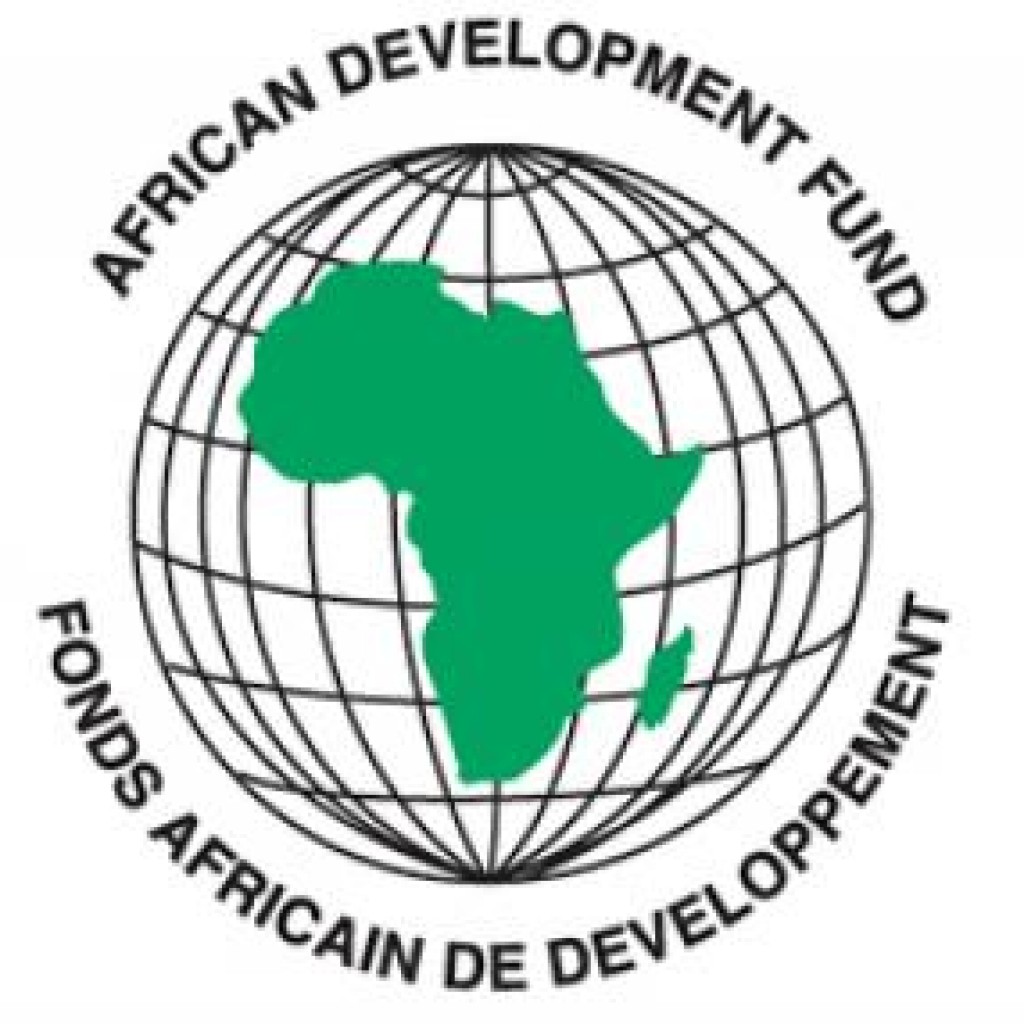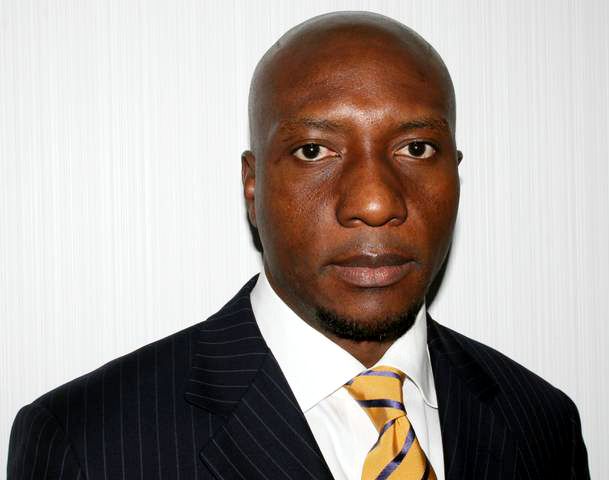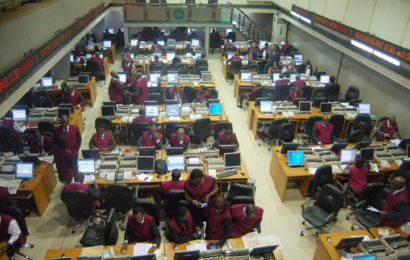

The African Development Bank (AfDB) is supporting Nigeria in the cultivation of rice, maize, cassava and soyabeans to boost food production.
The bank is providing $134 million to achieve this, it president, Dr Akinwunmi Adesina, said on Saturday after visiting the Centre for Dryland Agriculture (CDA) at Bayero University, Kano.
Adesina told Journalists that the bank would support Nigeria to cultivate 300,000 hectares each of rice and maize, 150,000 hectares of cassava and 50,000 hectares of soyabeans during the 2024 planting season.
“This March, the AfDB is supporting Nigeria to cultivate 118,000 hectares of heat-tolerant varieties of wheat and another 150,000 hectares of maize.
“We live in an era of climate change and yet only three per cent of African agriculture is under irrigation. We have to make sure we help our farmers with information that is timely and appropriate.

“We have no alternative but to adapt to climate change; adopt better ways of using water, particularly in the cultivation of dry land crops that are more resilient and tolerant,’’ Adesina said.
He added that AfDB would provide grants for the CDA and collaborate with it to become a centre used for prediction of weather patterns and the gathering of information that would make farmers to plan better.
“We will work with the centre to become one of the centres of excellence in technology.
“We will also support youths to develop their business ideas into reality with our 20,000-dollar grant on `Agri Pitch’ and `Agri Hacking’,’’ he said.
Adesina commended the Vice-Chancellor of Bayero University, Kano, Prof. Sagir Adamu-Abbas, and the Director, CDA, for assisting farmers with access to technology in the face of climate change.
In his remarks, the Director of CDA, Prof. Jibrin Mohammed-Jibrin, said the CDA is renowned for its research and teaching in development initiatives, focusing on dry land agriculture.
“The centre is dedicated to improving livelihoods, resilience and sustainable use of natural resources in African dry lands through training and demand-driven research,’’ he said.
Mohammed-Jibrin added that the CDA had received several World Bank grants for research and had so far enrolled about 1,153 Doctorate and Masters’ degree students and trained farmers in agro-ecological practices.
CDA is a World Bank-supported centre established to serve as a regional training hub for the West and Central Africa sub-regions.
Bayero University, Kano, established the centre in 2012 as part of its efforts to address development challenges of the dry land areas of the sub-regionsnan.




